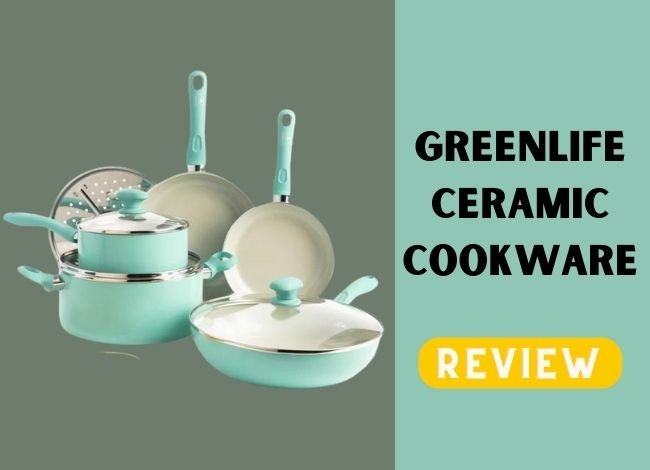Last Updated on January 18, 2024
A kitchen stove is a centerpiece of many households, the very heart where meals come to life. Keeping it clean is not just about aesthetics; it’s also about functionality and hygiene. But how should one tackle the stubborn messes and burned-on grime? Can steel wool be your knight in shining armor in such situations? Let’s delve into the matter of using steel wool on stovetops.
What is Steel Wool?
Before diving into its suitability for stovetops, it’s essential to understand what steel wool is. Steel wool is a bundle of very fine, flexible steel filaments, intertwined together, producing a strong abrasive character. Depending on its grade, it can range from super fine to coarse, each serving different purposes. It’s often used for tasks like refinishing wood, polishing metal, or removing rust.
Types of Stovetops:
There isn’t just one type of stovetop, and the kind of stovetop you have significantly impacts whether you should even consider using steel wool.
- Gas Stovetops: These are characterized by metal grates over individual burners.
- Electric Coil Stovetops: They feature coil heating elements that plug into the stovetop surface.
- Ceramic or Glass Stovetops: These have a smooth surface, usually made of ceramic or glass, which covers the heating elements.
- Induction Stovetops: These too have a smooth surface, but they heat cookware through magnetic induction.
Steel Wool and Different Stovetops:
- Gas Stovetops: For the metal grates and burner caps, using a coarse or medium steel wool can be effective in scrubbing off stubborn residues. However, exercise caution not to scratch the surface or any painted areas.
- Electric Coil Stovetops: The burners are usually robust, but using steel wool on them might not be the best idea. You run the risk of leaving behind tiny metal fragments that could cause short circuits. Stick to a brush or non-abrasive scrubber for these.
- Ceramic or Glass Stovetops: This is where a firm “no” comes in. Using steel wool on these surfaces can lead to scratches, which not only mar the appearance but can also affect the stovetop’s efficiency. Always refer to the manufacturer’s cleaning recommendations, but generally, a soft cloth or a special stovetop cleaner is best for these surfaces.
- Induction Stovetops: Like the ceramic or glass stovetops, steel wool is not recommended. Any scratches can affect the magnetic induction, thereby impairing functionality.
Potential Risks of Using Steel Wool on Stovetops:
- Scratching: As mentioned earlier, the abrasive nature of steel wool can lead to unsightly scratches, especially on smooth surfaces. Over time, these scratches can accumulate dirt and become challenging to clean.
- Corrosion: Tiny fragments of steel wool can get left behind and might lead to rust spots on the stovetop. This not only looks bad but can also deteriorate the surface.
- Residue: Sometimes, steel wool can disintegrate slightly when rubbed vigorously, leaving behind metal fibers. This residue, especially on heating elements, poses a risk of short-circuiting or even small sparks.
- Chemical Reactions: If you’re using steel wool along with certain cleaning agents, be wary. Some chemicals can react with the metal, leading to discoloration or further damage to the stovetop.
Alternatives to Steel Wool for Stovetop Cleaning:
- Nylon Scrubbers: These are non-abrasive and effective for most stovetop messes without the risk of scratching.
- Soft Microfiber Cloths: Especially for smooth stovetops, they can effectively clean without causing damage.
- Baking Soda and Water: A paste of baking soda and water can act as a gentle abrasive, useful for stubborn stains.
- Commercial Stovetop Cleaners: Many brands cater specifically to stovetop cleaning, ensuring safety and effectiveness.
- White Vinegar: It acts as a natural degreaser and can be effective in breaking down oily residues.
Related Articles:
- What’s the Difference Between Non-Stick Pan vs. Ceramic?
- Is Rachel Ray Porcelain Cookware Dishwasher Safe?
- Is it safe to use vintage enamel cookware?
Conclusion:
In essence, while steel wool can be tempting to use for its powerful abrasive qualities, it’s not always the best choice for stovetops. Depending on the type of stovetop you have, using steel wool can range from acceptable with caution to a complete no-go. Always prioritize the longevity and efficiency of your stovetop over a quick cleaning solution. In the long run, opting for gentler cleaning methods or specialized products can save you from potential damage and costly repairs.




